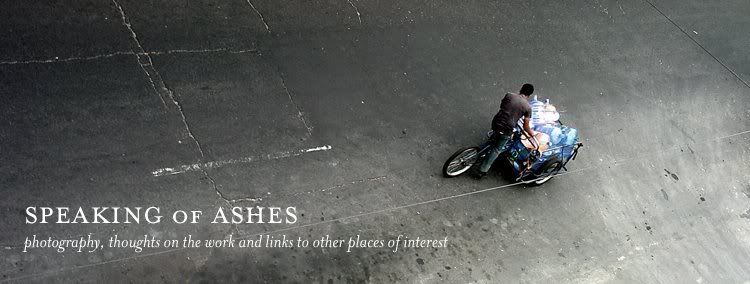suing our parents for giving us this life
 I remember once when I was a lowly altar boy, in some sort of educational setting, a visiting priest was rambling on about good and evil.
I remember once when I was a lowly altar boy, in some sort of educational setting, a visiting priest was rambling on about good and evil.The poor old guy had heard some story about a retarded kid who was suing his parents for allowing his birth, for having brought him into the world, albeit retarded.
This apparently didn't go over too well with the catholic.
"I'd like to hold that boy down, and VOMIT," he spat, "I'd VOMIT - in his FACE. They gave him LIFE! AND THIS is how he is going to repay them !?!"
I seem to recall that the headline of that story, like a newspaper clipping, was part of the original poster insert in the Dead Kennedys Fresh Fruit for Rotting Vegetables, way back when it was released. That thing doesn't seem to be anywhere online, but the concept is still good; vulgar horrible stories from the 70s and 80s when the Reagan years were still at their ignoble height.
When I think about that stupid priest, not understanding in the slightest, the despair and frustration of a 12 year old who is facing problems and challenges greater than most of us can even imagine - well I just like to remind myself that I was 12 too. Stupid parents never get it.
Photo is borrowed with thanks from red betty black's flickr photostream.


 From
From 